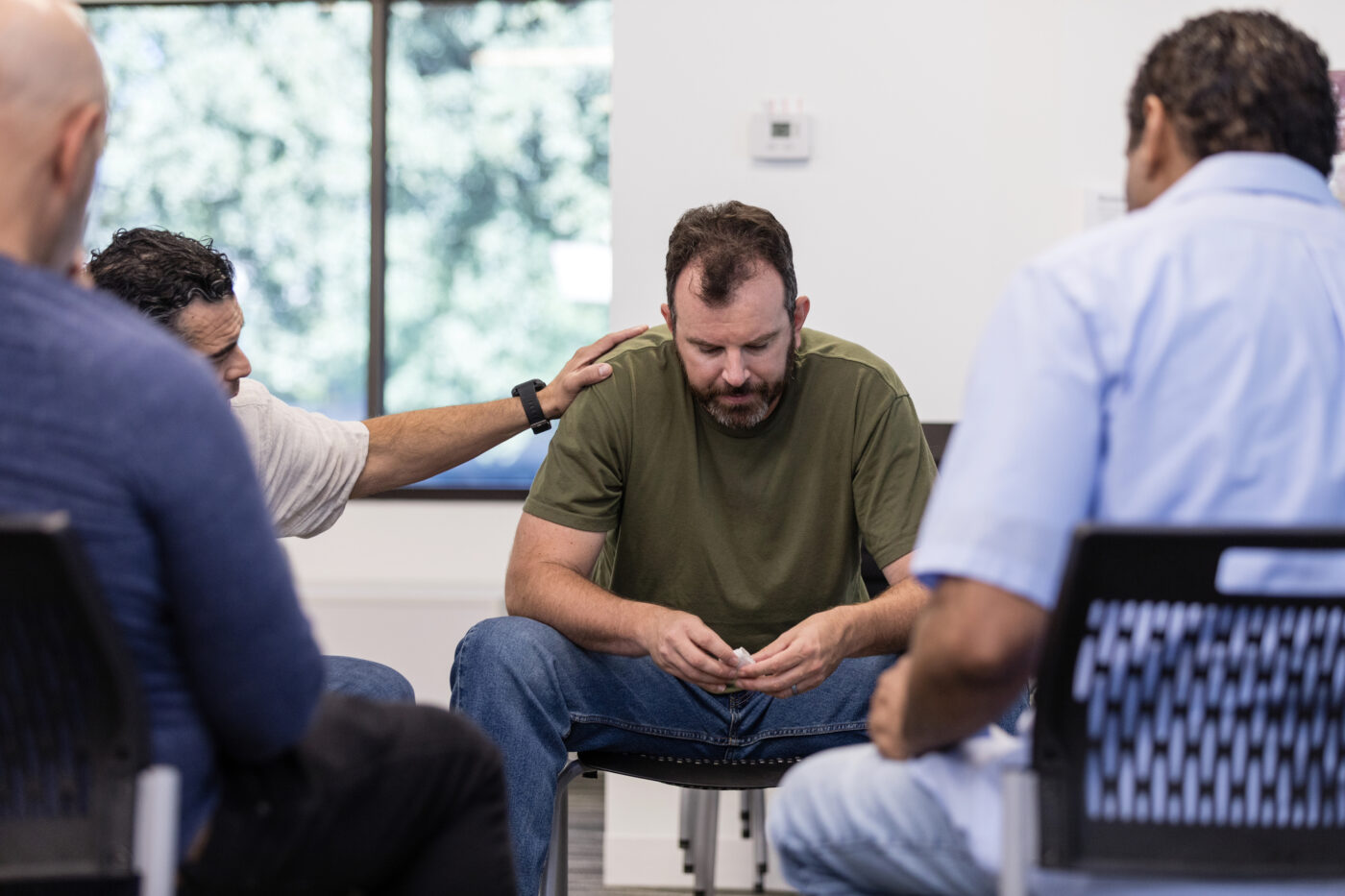How the Veteran Mental Health Journey Can Help All of Us

Mental illness touches thousands of lives in our country—both veterans and civilians, and their families and communities. Managing these issues and embarking on the mental health journey can be a difficult path, but it is a well-trodden one. While experiences vary, the core challenges—including stigma, isolation, and barriers to care—are strikingly similar across both groups. Raising awareness and bridging the gaps between all people with mental health struggles ensures that no one has to walk their path alone.
Each year, 41% of veterans seek mental health support. Among civilians, nearly 60 million adults—about 23% of the population—live with a mental illness, and too many go without treatment. In both cases, the struggle is real, and so is the silence.
That silence is often rooted in fear: fear of being seen as weak, fear of being misunderstood, or fear of being dismissed altogether. The path to healing can feel overwhelming, whether you’re a veteran navigating the aftermath of combat or a civilian facing anxiety, depression, or trauma.
In light of Mental Health Awareness Month, it’s worth recognizing that, while veterans are by no means responsible for solving our national mental health crisis, they can be a valuable support and impactful example for many. Their journeys and their willingness to speak openly can help destigmatize the issue for everyone.
While about 7% of veterans will experience post-traumatic stress (PTS) at some point in their lives, the rate for civilians is nearly as high at 6%. The barriers to care—whether you’re in uniform or not—are often the same: shame, fear of judgment, and a confusing system that can feel more overwhelming than helpful. These challenges ripple through families, workplaces, and communities alike.
Getting access to care is hard enough. But stigma looms even larger. Some people are told their mental health struggles are “just in their head.” Others worry they’ll be seen as weak for needing help. That silence keeps people suffering longer than they should. Veterans, many of whom have faced these beliefs firsthand, can help shift that narrative, not because they’re obligated to, but because they’ve been there.
Necessity often forces veterans to become experts in navigating mental health care. According to the VA, 20% of those who served in Iraq or Afghanistan developed PTS or depression. Many sought treatment because it was necessary to survive and thrive post-service. Civilians, on the other hand, may hesitate to seek help because they think their pain isn’t “serious enough.” But depression, anxiety, trauma, and despair don’t discriminate, and they don’t need a battlefield to take hold. Knowing that others have been through it and come out stronger can be a lifeline.
By sharing what has helped them, veterans can provide insight, not instruction. They can participate in mental health discussions, mentor others, or simply be visible examples of healing. They can point people toward effective programs, like Boulder Crest’s Warrior PATHH, which focus on trauma recovery and post-traumatic growth. Most of all, they can show what it looks like to ask for help, build resilience, and keep going.
By speaking from experience, veterans lend credibility to conversations that are too often dismissed or avoided.
Trying to find treatment can be exhausting and overwhelming. Not knowing where to start can even worsen feelings of isolation, stress or hopelessness. But knowing that other people have gone through the same challenges and overcome them—and how—can provide much-needed relief. Knowing that there is a path to recovery is its own kind of reassurance. It reminds people they’re not alone, and that it’s possible to feel better.
One reason people join the military and armed forces is to serve their communities and their country. Doing so demands real character and fortitude. So too does being honest about personal struggles and setbacks. By being open about mental health and advocating for better access to treatment, veterans can extend their service for the good of their communities in a different way. Veterans can help people understand that although we can’t always control what we’ve been through, we can be open about it and take steps toward managing it. In doing so, they continue to serve—not by hiding their wounds, but by showing the courage it takes to heal.